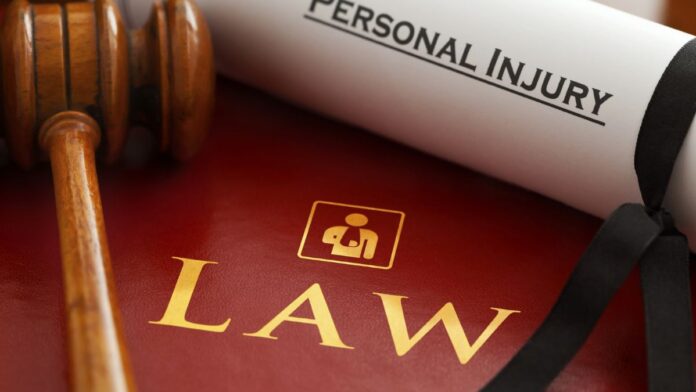No matter how much we care for ourselves and our loved ones, there is no predicting when an accident can happen. These mishaps often lead to injuries or even death.
The Center for Disease Control and Prevention (CDC) reported that in 2020, accidents or unintentional injuries were the fourth-leading cause of death nationwide, with 200,955 cases.
When another person’s negligence causes these accidents, you might be eligible to file a personal injury claim. This legal action would allow you to recover damages that could help alleviate the financial burden brought about by the accident.
Here are a few things to know regarding the process in a Connecticut personal injury case.
What You Need To Understand About Personal Injury Laws in Connecticut
Every state has its own personal injury laws. If you are a resident of the state or the accident happened within its territory, then you are subject to its laws.
Statute of Limitations
The statute of limitations is the timeframe given to accident victims to file their claim, which begins on the accident’s date. For most personal injury cases in Connecticut, the victim must file the lawsuit within two years from the date of the accident.
Comparative Fault
Connecticut follows the rule of comparative fault when assigning liability in an accident. This means that the court will determine the percentage of responsibility for the accident and apportion it among all the parties involved.
At-Fault State
Since Connecticut is an at-fault state, the driver who caused the accident will be held liable for all the damages. The victim can file a claim against the driver’s insurance company to recover their losses.
Damage Caps
Damage caps limit the compensation an accident victim can receive for their damages. Currently, there is no damage cap in Connecticut, meaning there is no limit on the value of damages you can recover.
This is beneficial, especially for victims who suffered severe injuries that resulted in high medical bills and lost wages.
However, the court will still determine the value of damages based on the evidence presented and the severity of the injuries.
The Process of Personal Injury Lawsuits in Connecticut
Now that you have a general understanding of the personal injury laws in Connecticut, it’s time to learn about the process of filing a lawsuit.
Report Your Accident
The first thing you need to do is to report your accident to the police. This is important because you will need a police report when filing an insurance claim or a lawsuit. The report will contain essential information about the accident.
Gather as Much Evidence as You Can
The next step is to gather evidence that will support your claim. This includes the necessary information, such as the name and contact information of the other party and witnesses.
Make sure to take photographs of the accident scene, your injuries, and the damages to your property. You should also get a copy of the police report and any medical statements and receipts.
Speak With a Lawyer as Soon as Possible
After gathering all the evidence, consult with a personal injury lawyer. This is important because you need to know your legal options and rights. A lawyer will also be able to determine the value of your claim and whether or not it’s worth filing a lawsuit. They can use legal graphics to prove your case in court.
Draft a Demand Letter
If you and your lawyer decide to file a lawsuit, the next step is to draft a demand letter. Your lawyer will send this letter to the at-fault party’s insurance company, stating the amount of compensation you are demanding and giving them a deadline to respond.
Insurance Company Negotiation
The insurance company will then investigate the accident and negotiate with you and your lawyer. During this process, they will try to settle the claim for as little as possible. It is crucial to have a lawyer during this process because they will be able to negotiate on your behalf and ensure that you are getting a fair settlement.
Recover Damages or Litigate if Necessary
If the insurance company is unwilling to give you a fair settlement, you can file a personal injury lawsuit. This will require going to court and presenting your evidence to a judge or jury. If they decide in your favor, you will be awarded the compensation you are owed.
Know the Process, Know Your Rights
Understanding the process in a personal injury case is essential before taking any legal action. If you were injured in an accident, consult with a personal injury lawyer to get started on your case.









